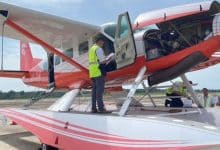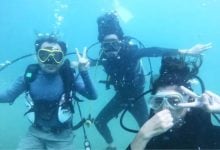Releasing sharks on an island holiday: SAii’s latest sustainable adventure

Whether you’re an avid travel buff or not, chances are you’ve encountered the latest buzzword of ecotourism making rounds on the Internet, your social media feeds, and airport billboards. But what exactly is ecotourism?
The popular definition of ecotourism is to travel with sustainability in mind. In other words, eco-tourists are travellers who preserve the integrity of a natural environment and the local community while minimising the social, behavioural and psychological impact.
Thailand is becoming an ecotourism hub due to its recent commitment to promoting the country as a sustainable destination, championing environmental conservation. The eco-friendly hotels and resorts in Thailand have joined the environmental cause by providing conservation-driven holidays.
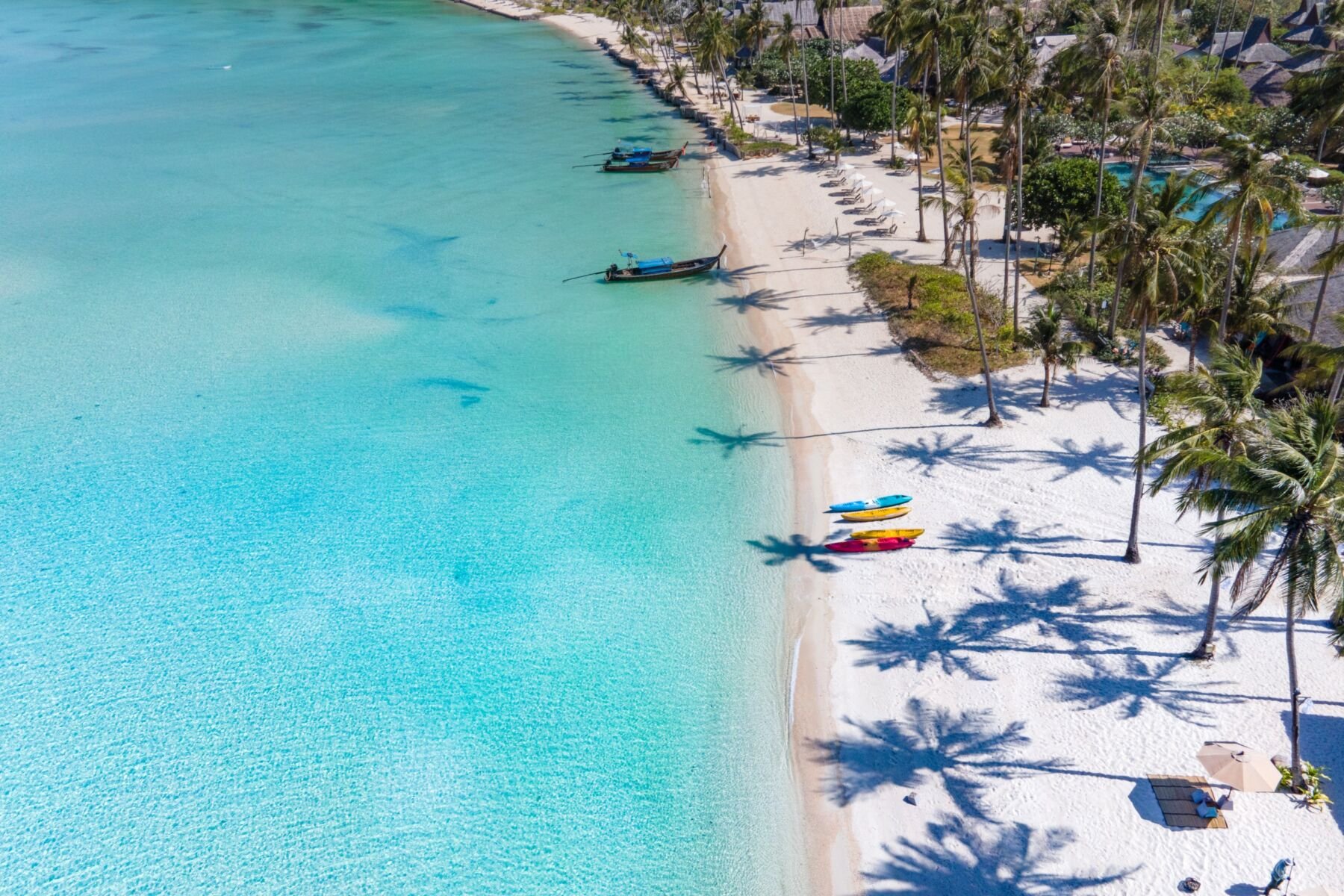
One of the country’s leading sustainable lifestyle resort brands, S Hotels and Resorts, invited adventurous vacationers to embark on green, conservation-driven holidays with activities such as shark release and mangrove planting.
Releasing bamboo sharks into the Andaman
Releasing sharks might sound bizarre to those with galeophobia or who watched the famous 1975 film Jaws. Unbeknown to many, there are 400 different shark species, most of which are considered harmless to humans.
Humans are not natural shark food.
Some 90% of sharks play a vital role in the biodiversity of the vast and intricate underwater realm, yet they have vanished over the past century due to habitat loss, overfishing, and shark finning.
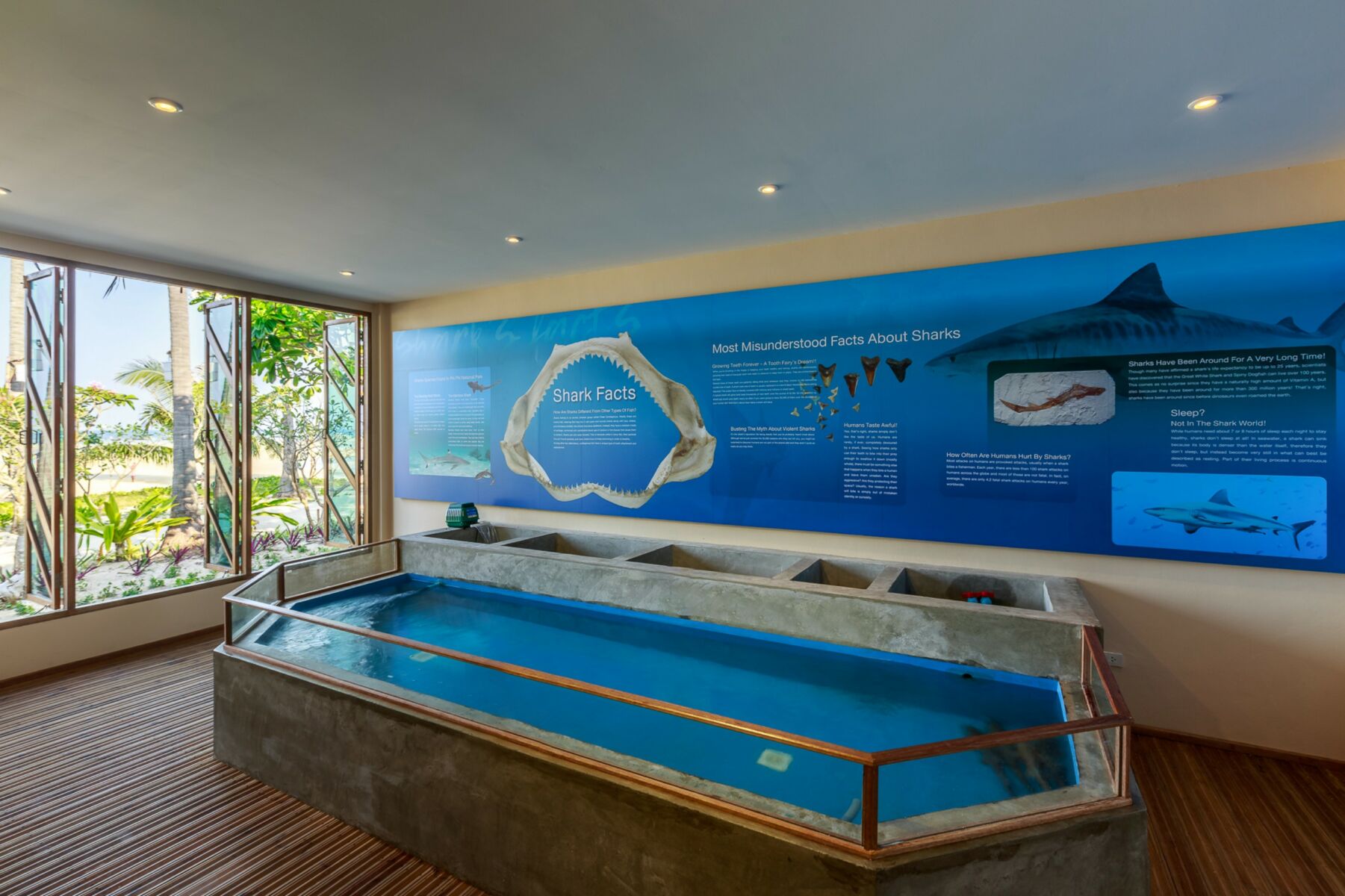
As part of the Save Our Sharks (SOS) initiative, the SAii Phi Phi Island’s Marine Discovery Centre joined forces with the Phuket Marine Biological Centre, engaging in the release of bamboo sharks into the Andaman Sea. To date, 30 sharks have been released, and 29 shark eggs have been laid in the dedicated nursery.
The activity included a visit to the Marine Discovery Centre, where the marine biologists explained the insightful nature of the diverse marine creatures and the need for a conservation effort in the Andaman Sea. Nemos, the famous clownfish, are also bred in the centre and released into their natural ocean habitat.
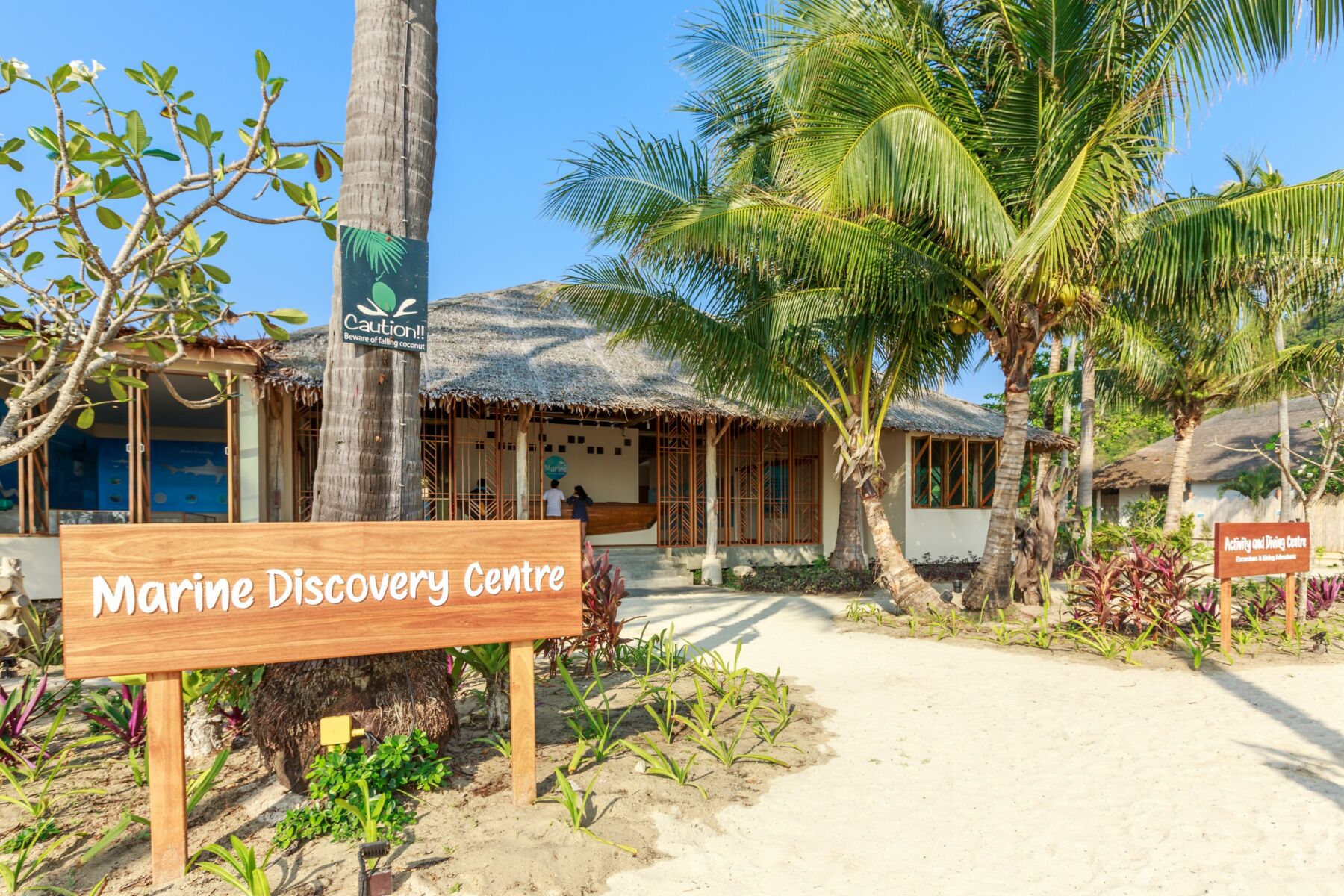
“Clownfish are the most popular aquatic fish for tourists due to their beautiful appearance and popularity from the famous film, Finding Nemo. But what tourists are not aware of is that Nemos are not as resilient as they were made to be in the cartoon- they are not to be trapped in a plastic bag and released into the ocean from the deck,” explained Sirithon Thamrongnawasawat, the Vice President of Sustainable Development Department of Singha Estate.
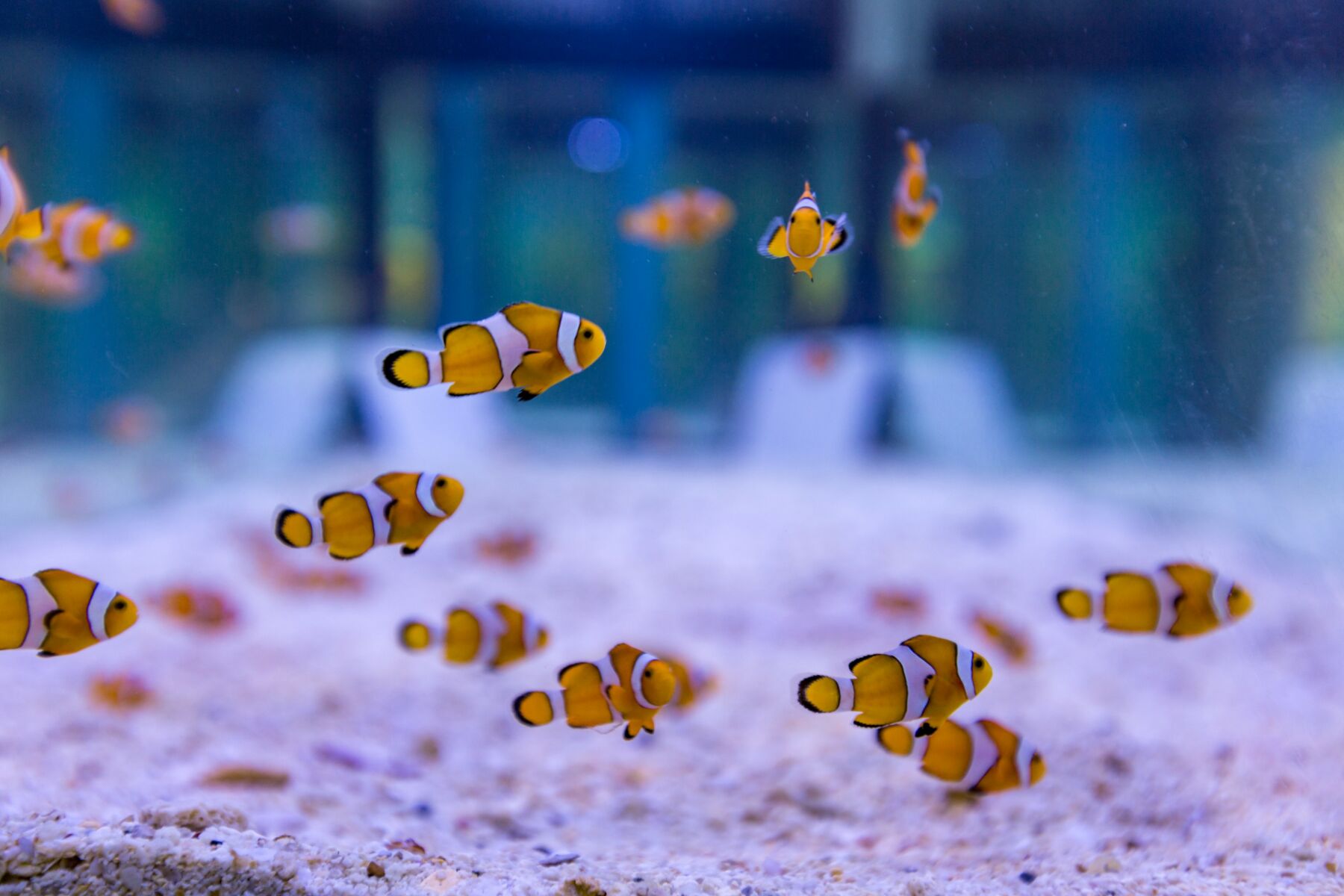
Following an excursion at the centre, baby bamboo sharks were released 6 metres underwater at Koh Hma Island, their natural habitat, where they will reunite with the mother shark.
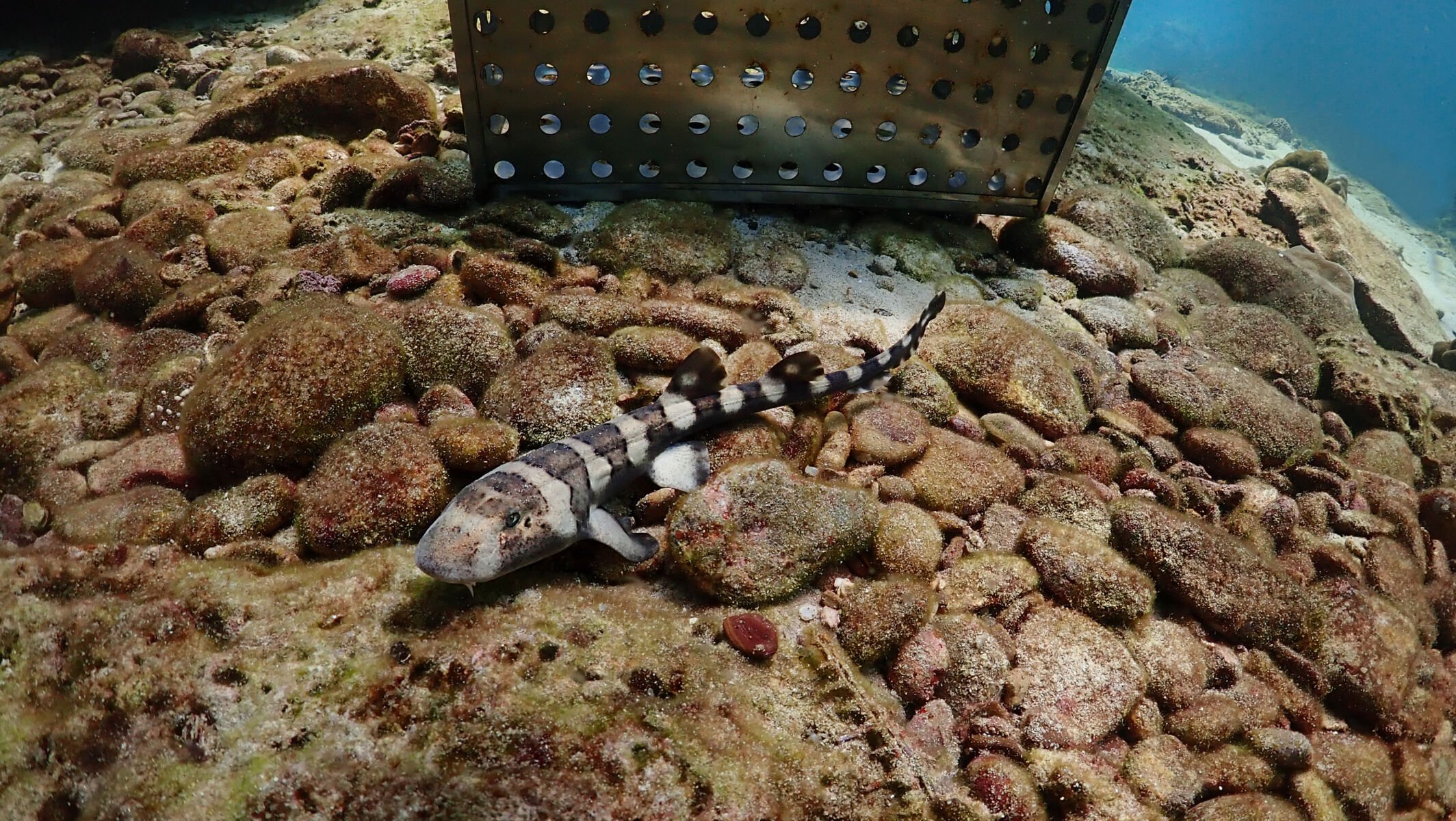
A glimpse of the underwater world (which makes up 70% of the world) gave a view of the breathtaking diversity of marine life unbeknownst to those above water.
Witnessing and being a part of the sustainable activity instils a meaningful connection to the aquatic world, positioning ecotourism not just as a travel buzzword but as a meaningful experience that every traveller should pursue.
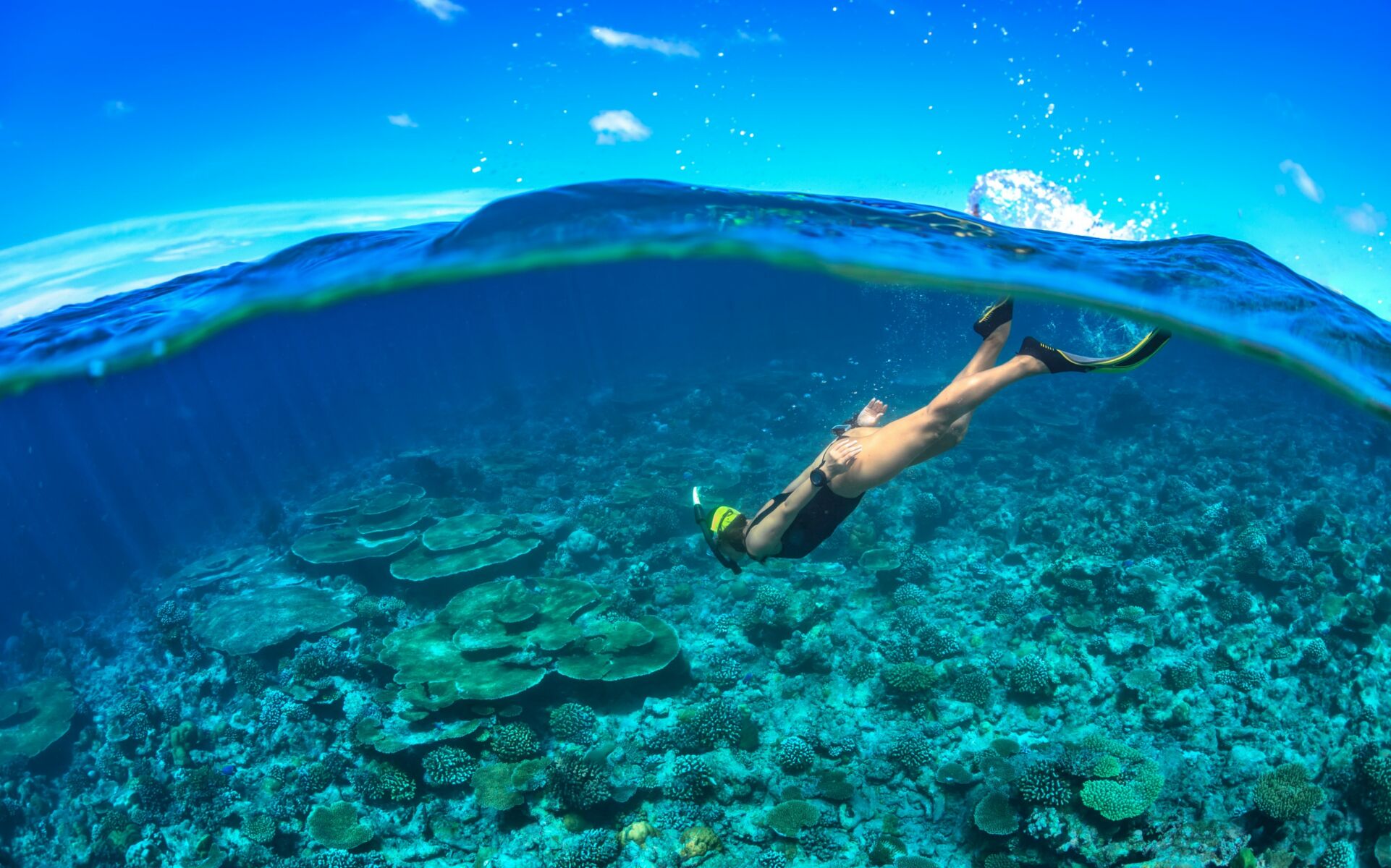
SAii’s sustainability efforts in and outside Thailand
SAii Resorts’ sustainability goals are not limited to its operations in Thailand. The brand recently signed an MoU with the Maldivian Government to protect the natural environment in the island nation’s natural environment. One of the main objectives is to share knowledge with the newly established Marine Conservation Centre at SAii Lagoon Maldives.
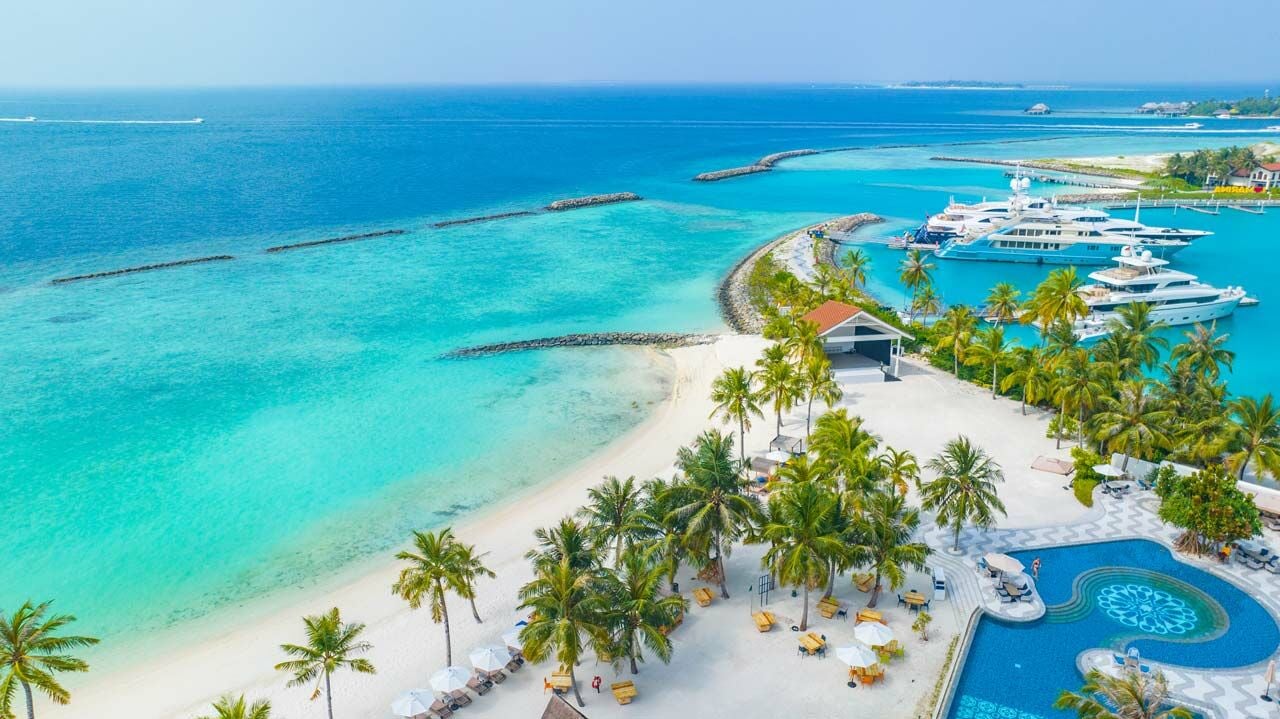
Michael Marshall, the Chief Executive Officer of S Hotels & Resorts, reminded travellers about the importance of protecting the environment.
“We understand that our duty to care for the environments and communities in which we operate… through our Marine Discovery Centres in Thailand and the Maldives, which are expected to attract 50,000 visitors in 2024, we want to help our guests fulfil their goals of sustainable, experience-driven travel.”
As the pioneering resort brand in sustainable tourism in Thailand, SAii also aims to achieve carbon-neutral operations by 2030. They plan to reduce carbon emissions by 5% yearly starting in 2024, with initiatives such as carbon tracking, waste reduction, and green energy.
The Thaiger was invited as a Media guest by SAii, S Hotels & Resorts and their parent company, Singha Estate, to experience SAii Phi Phi Island Village’s latest sustainable adventure and learn the resort’s current effort in protecting the flora and fauna of the beautiful Andaman Sea.
Latest Thailand News
Follow The Thaiger on Google News:
